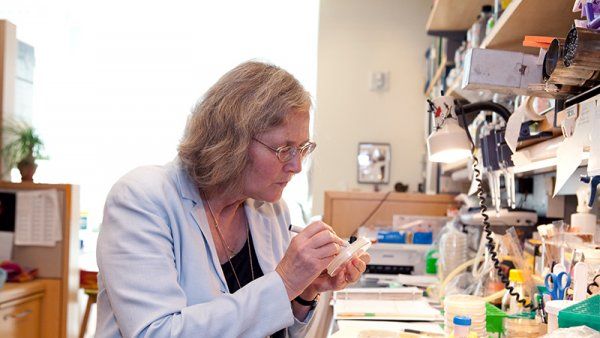Environmental Health Expert Calls for Improved Scientific Study of Gulf Coast Oil Disaster
UCSF environmental health specialist Gina Solomon is calling for improved scientific study of and publicly available and robust data about the health hazards posed by the BP oil disaster.

